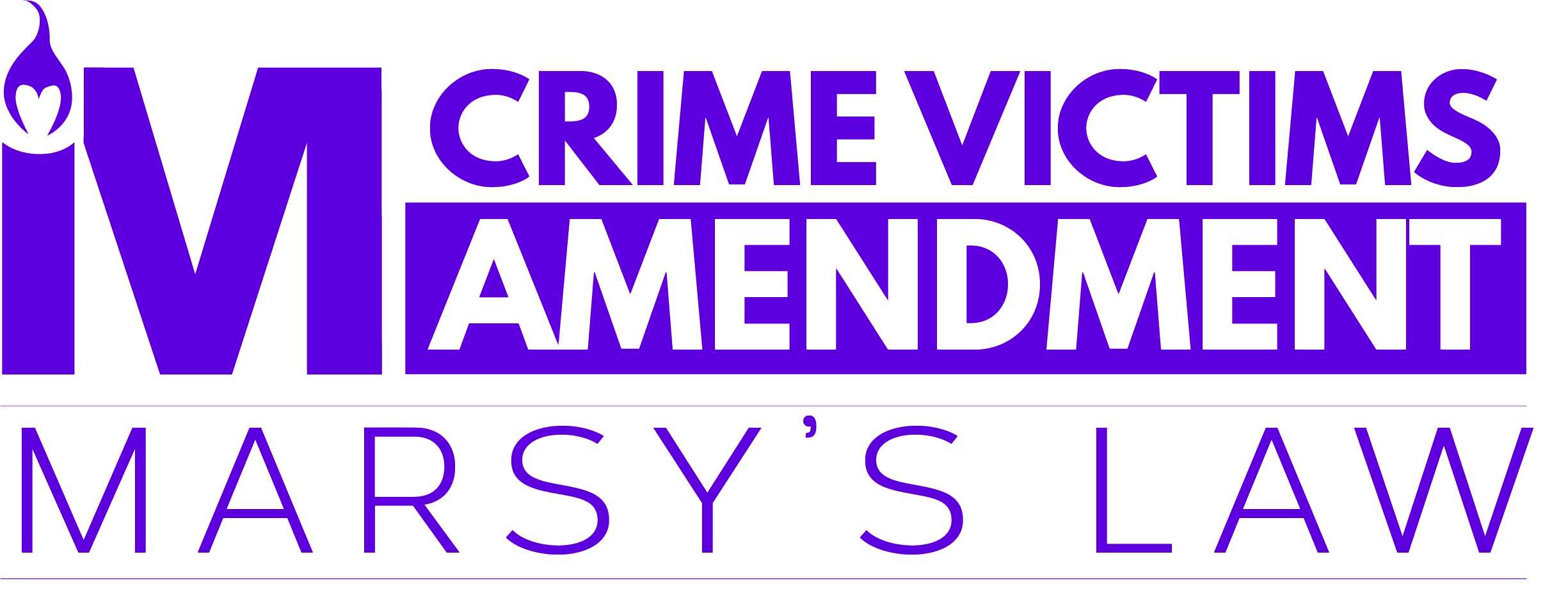Marsy’s Law in Kentucky: Key Legal Protections
Marsy’s Law is a set of constitutional protections designed to safeguard the rights of crime victims. In Kentucky, this law was passed to ensure that victims are treated fairly and with dignity throughout the legal process. Named after Marsy Nicholas, a victim of violent crime, the law aims to prevent victims from being overlooked or excluded during criminal proceedings. With Marsy’s Law, Kentucky joins other states in giving victims a stronger voice and more control over their experience in the justice system.
History and Background of Marsy’s Law

The origins of Marsy’s Law trace back to 1983, when Marsy Nicholas was murdered in California. Just days after her death, her family encountered the accused murderer in public, unaware that he had been released on bail. This event highlighted the lack of rights for victims in the criminal justice system, prompting Marsy’s brother, Dr. Henry Nicholas, to campaign for victims’ rights.
The movement gained traction across the United States, leading to the creation of Marsy’s Law in several states, including Kentucky. After years of advocacy and legal processes, Kentucky voters approved the amendment to the state constitution in 2020, granting new rights to victims of crime. Since its passage, the law has shaped how victims interact with the legal system, ensuring they receive proper notification, participation, and protection during court proceedings.
Key Rights Protected by Marsy’s Law
Marsy’s Law grants crime victims several key rights designed to make their experience in the legal system more just and humane. Some of these rights include:
- The Right to Be Informed: Victims have the right to receive timely information about court proceedings, release of the accused, and any legal developments related to the case.
- The Right to Be Present: Victims are entitled to attend all public court proceedings related to the case, ensuring they are not excluded from the process.
- The Right to Be Heard: Victims have the opportunity to provide input during key stages of the criminal justice process, such as bail hearings, sentencing, and parole decisions.
- Protection from the Accused: Marsy’s Law ensures that victims receive reasonable protection from the accused throughout the legal process.
These rights are essential to ensuring that victims are not sidelined or forgotten during criminal proceedings, giving them a greater sense of control and security in the face of difficult circumstances.
Impact on Victims in Kentucky’s Legal System
Marsy’s Law has significantly changed the way victims experience the legal system in Kentucky. Before its implementation, many victims often felt ignored or left out of critical decisions. Now, with the protections offered by Marsy’s Law, victims are more empowered and involved in the judicial process. This increased participation means they can stay informed, provide input, and ensure their voices are heard during crucial moments, such as sentencing or parole hearings.
One of the most noticeable impacts is the level of protection victims receive. For example, the law mandates that victims are notified if the accused is released or makes bail. This is critical for their sense of safety. Victims are also given the right to be present during public court proceedings, helping them understand the process and feel more connected to the outcomes of the case.
While Marsy’s Law has improved the victim’s experience, it also enhances their sense of justice by ensuring their input is considered at every stage. This has helped reduce the emotional burden of navigating the legal system, as victims now feel less like bystanders and more like active participants in the journey toward justice.
Challenges and Criticisms of Marsy’s Law
Despite its positive intentions, Marsy’s Law has faced several challenges and criticisms. One of the main concerns is that the law can sometimes complicate legal proceedings. Critics argue that while giving victims a voice is crucial, it can sometimes interfere with the rights of the accused. For example, defense attorneys might contend that certain protections, such as limiting the release of information, could infringe on a defendant’s right to a fair trial.
Additionally, some legal experts believe that the implementation of Marsy’s Law may place extra burdens on the courts. Ensuring victims are notified of all proceedings and allowing them to participate may slow down the legal process, leading to potential delays in trials and hearings. Administrative costs and resources to enforce the law are also concerns, particularly in overburdened legal systems.
There are also worries about how well the law is understood by both victims and law enforcement. Some argue that more education and awareness are needed to ensure everyone fully grasps their rights and responsibilities under Marsy’s Law. Despite these challenges, supporters of the law maintain that its benefits far outweigh the potential drawbacks.
How Marsy’s Law Affects Legal Proceedings
Marsy’s Law introduces several procedural changes that impact legal proceedings in Kentucky. First and foremost, the law requires that victims are kept informed about every step of the criminal justice process. This includes updates on trial dates, hearings, and even the potential release of the accused. These notifications help victims stay engaged with the case and ensure they are not blindsided by sudden developments.
Additionally, Marsy’s Law grants victims the right to be present in the courtroom during any public proceeding. This can affect the atmosphere of the trial, as the presence of victims often adds emotional weight to the proceedings. Victims are also allowed to make statements at critical stages, such as bail hearings or sentencing, which may influence the outcome of the case.
Another significant change is the increased focus on victim protection. Legal proceedings must take into account the victim’s safety, leading to additional measures like restraining orders or keeping the accused in custody when there is a perceived threat. These protective actions help ensure that victims feel secure during the trial process.
While Marsy’s Law enhances the role of victims in legal proceedings, it requires careful balancing to ensure that the rights of both victims and the accused are upheld. This balancing act is something courts and legal professionals navigate regularly, ensuring fairness on both sides.
Enforcement and Implementation of Marsy’s Law in Kentucky
The enforcement and implementation of Marsy’s Law in Kentucky have been significant steps toward ensuring victims’ rights are upheld throughout the legal process. Once the law was approved by voters in 2020, state agencies, law enforcement, and the judicial system worked to create guidelines for its application. Training programs were introduced to educate police officers, lawyers, and judges about the new rights granted to victims.
One of the key aspects of implementation is ensuring that victims are notified about their rights early in the process. Law enforcement officers are required to inform victims of their rights as outlined in Marsy’s Law at the time of the crime. Additionally, victims can choose to opt into receiving notifications about court dates, bail hearings, and other proceedings involving the accused.
The Kentucky Department of Corrections and local prosecutors also play a major role in making sure Marsy’s Law is enforced. They are responsible for keeping victims informed about changes in the accused’s custody status, such as parole or release. Despite the law being in place, challenges like resource constraints and the need for continued training remain ongoing. However, efforts to streamline the notification systems and make the law as effective as possible are continually improving.
Frequently Asked Questions about Marsy’s Law in Kentucky
What is Marsy’s Law?
Marsy’s Law is a constitutional amendment designed to protect the rights of crime victims, ensuring they have a voice and active role in the legal process.
What rights do victims have under Marsy’s Law in Kentucky?
Victims have the right to be informed of all proceedings, to be present during court hearings, to provide input during critical stages like sentencing, and to be protected from the accused.
How does Marsy’s Law impact the accused’s rights?
While Marsy’s Law focuses on victims’ rights, it must be carefully balanced with the rights of the accused, particularly regarding a fair trial. Legal professionals work to ensure this balance is maintained.
How are victims notified of their rights?
Victims are informed of their rights by law enforcement and can opt into systems that notify them about key developments in the legal case, including court dates and changes in the custody status of the accused.
Conclusion on the Importance of Marsy’s Law
Marsy’s Law represents a crucial step forward in recognizing and protecting the rights of crime victims in Kentucky. By providing victims with the ability to participate in the legal process, the law helps to ensure that they are treated with respect and dignity. The rights to be informed, heard, and protected are essential for making sure victims do not feel sidelined or powerless during criminal proceedings.
While there are challenges in implementing and balancing the law with the rights of the accused, the overall impact has been positive. Marsy’s Law empowers victims, giving them a voice that can influence important legal decisions. As Kentucky continues to refine and enforce this legislation, it strengthens the support system for victims, ensuring a more just and inclusive legal process.
